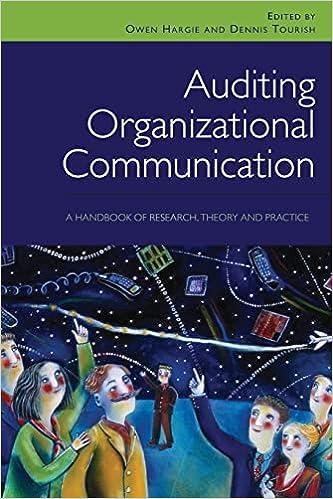44) Darren is the fleet maintenance director for a warehouse owned by a small food packaging company. Darren does a great job of assessing his performance honestly, and his bosses appreciate how hard he works to make sure his goals are reached. On Saturday, Darren has plenty of employees to service all of the fleet vehicles, and he even assigns two workers to work on preventative maintenance so the fleet department will be ahead of its monthly goals. The same day, the shipping department is short-handed by two workers. Darren refuses to let his workers assist in shipping, and the warehouse filled only half of its orders, losing thousands of dollars. Darren was guilty of A) measuring performance in a way that makes management look better than it really is. B) refusing to put forth the effort necessary to do his job properly. C) making excuses for his department's poor performance. D) considering his own workers' feelings instead of those of the company customers. E) putting the fleet maintenance department's objectives above the company's overall benefit. Answer: 45) To be effective, control systems should A) keep performance standards flexible and easy. B) focus on one-way top-down communication. C) be acceptable to all stockholders. D) use multiple control approaches. E) centralize decision making. Answer: 46) The price charged by one unit for a good or service provided to another unit within the organization is referred to as a(n) price. A) substitute B) transfer C) department D) organizational E) budget Answer: 47) Banks, Investment Firms, Venture Capital Companies typically use Ratio Analysis to screen and evaluate companies seeking investment capital or companies they are interested in acquiring Typical ratio analysis will involve the following ratios based on past and current performance Leverage Ratios; Activity Ratios, Profitability Ratios and Liquidity Ratios. They will then compare the results of these ratios to industry equivalents and other comparable organizations they have intelligence on. True or False 48) If a new technology is theoretically possible but economically impractical, the technology will probably not emerge. True or False







